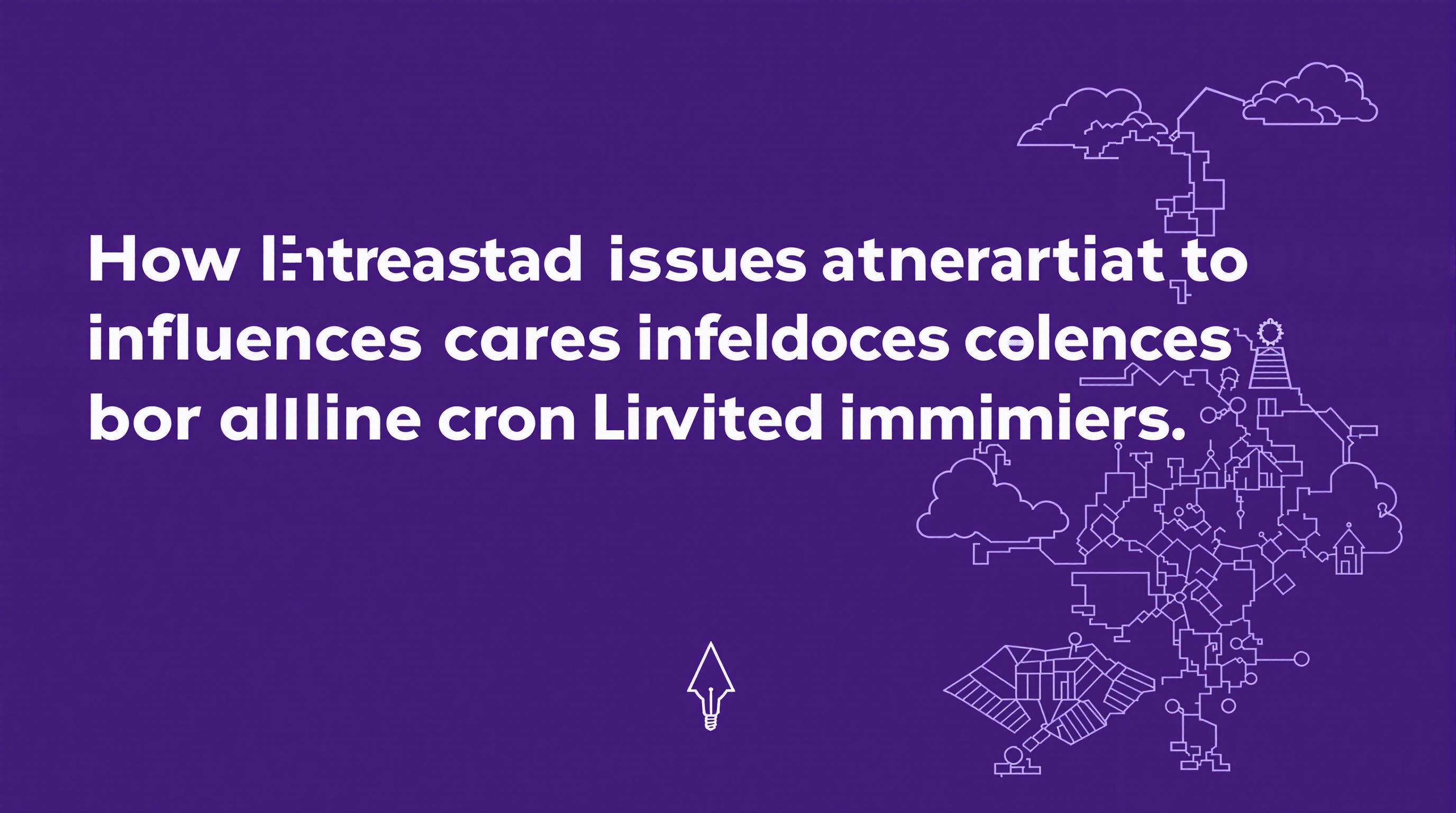Related Articles
- Top 7 Game-Changing Riders Released Since 2019 That Redefine How You Customize Your Life Insurance Coverage
- Top 5 Game-Changing Insurance Add-Ons from the Past Five Years Redefining Rider Benefits and Coverage
- The Silent Impact of Guaranteed Issue Insurance on Elderly Mental Health and Community Social Networks
- Top 6 Emerging Simplified Issue Policies Since 2019 That Redefine Risk and Flexibility for Modern Buyers
- How Changing Remittance Intervals Influence Insurer-Provider Partnerships in Healthcare Coordination
- How Seasonal Spending Cycles Secretly Shape Insurance Premium Timing and Consumer Choices
How Guaranteed Issue Insurance Influences Senior Care Choices in Rural Communities with Limited Medical Access
How Guaranteed Issue Insurance Influences Senior Care Choices in Rural Communities with Limited Medical Access
Guaranteed issue insurance plays a crucial role in shaping the healthcare decisions of seniors living in rural areas with limited medical services. By providing accessible coverage, it alleviates fears around medical expenses and influences the type of senior care chosen in these underserved communities.
A Story from the Heartland: Joan’s Journey
Joan, a 68-year-old retiree living in a small town in Nebraska, is a perfect example of how guaranteed issue insurance impacts senior care choices. Without easy access to a specialist or hospital, Joan’s main worry was not about her health itself but about how she would pay for unexpected medical bills. Once she secured guaranteed issue insurance, her peace of mind allowed her to choose home-based care services that were far more suitable than the distant nursing facility options.
The Formal Foundation of Guaranteed Issue Insurance
Guaranteed issue insurance policies require insurers to offer coverage to applicants regardless of pre-existing conditions. This regulatory framework is particularly important for seniors who often contend with chronic illnesses. The absence of medical underwriting removes a significant barrier in rural populations where preventive care and early diagnoses might be scarce.
The Influence of Limited Medical Access
In many rural communities, senior citizens face a harsh reality: fewer hospitals, longer travel distances to specialists, and inadequate healthcare infrastructure. According to the National Rural Health Association, approximately 20% of the U.S. population lives in rural areas, yet only about 10% of physicians practice there. This disparity means that seniors’ insurance coverage decisions heavily factor in the accessibility of medical care.
Statistics Speak Louder Than Words
Consider this: A study by the Kaiser Family Foundation showed that rural seniors are 15% more likely to report not seeing a doctor when needed due to cost concerns. Guaranteed issue insurance reduces this barrier by guaranteeing coverage, thus encouraging seniors to seek medical care earlier and choose supportive care options that match their budget.
Conversational Perspective: Why This Matters to You
Look, if you or a loved one has ever had trouble finding insurance because of a pre-existing condition, you know how frustrating it can be. Imagine trying to figure this out while living miles from a hospital. Guaranteed issue insurance isn’t about pushing you to buy something you don’t need; it’s about knowing you’re not left out in the cold when health issues arise. This kind of insurance can literally influence how seniors plan for their care, making home health care or assisted living more affordable and accessible.
Persuasive Insights: The Economic Ripple Effect
When seniors in rural areas have guaranteed access to insurance, not only do their individual health outcomes improve, but there is also a positive economic ripple effect within the community. Local caregivers and medical service providers see increased demand, which can stimulate job growth and improve the sustainability of rural health services. This cycle is crucial for revitalizing struggling rural towns.
Case Study: The Appalachian Experience
In Appalachia, a region notorious for limited healthcare access, a 2019 pilot program offering guaranteed issue plans showed marked improvements. Seniors enrolled were 27% more likely to utilize preventive services and reported a 35% increase in satisfaction with their care choices. Programs like this highlight how insurance design influences decision-making beyond urban centers.
Humorous Take: Grandma’s Secret Weapon
If Grandma had a secret weapon against the terrors of health insurance denial, it’s got to be guaranteed issue coverage. Picture her sitting in her rocking chair, chuckling, “You think they can say no to me? Not if this paper says so!” This kind of insurance gives a little swagger back to seniors who’ve been dodging messy health forms like they’re part ninja, part magician.
Challenges and Limitations
Despite its benefits, guaranteed issue insurance has drawbacks, such as higher premiums and limited coverage options, which can make it less appealing in some cases. This financial strain can sometimes force seniors to prioritize insurance premiums over other essentials, inadvertently shaping their care choices in complex ways.
Casual Reflections
You know how tricky it can get choosing insurance. Especially when you’re keeping an eye on every penny and juggling limited local care options at the same time. Guaranteed issue insurance often acts like a safety net, but not without some tension. It’s like decking your home with bars because the neighborhood’s a bit rough — you’ve got protection but at some cost.
Closing Thought: Bridging the Gap
Ultimately, guaranteed issue insurance helps bridge the gap between rural seniors and the care they deserve, combating isolation through financial security. It encourages practical choices aligned with both health needs and community resources, fostering a better quality of rural eldercare.
Sources:
National Rural Health Association, “Physician Shortage in Rural America,” 2021.
Kaiser Family Foundation, “Rural Seniors and Health Care Access,” 2020.
Appalachian Regional Healthcare Report, 2019 Pilot Program Outcomes.
Written by Miguel, a 46-year-old tech blogger passionate about healthcare innovations and rural development, aiming to inform readers aged 16 to 70 about how policies shape health decisions far beyond the city limits.




